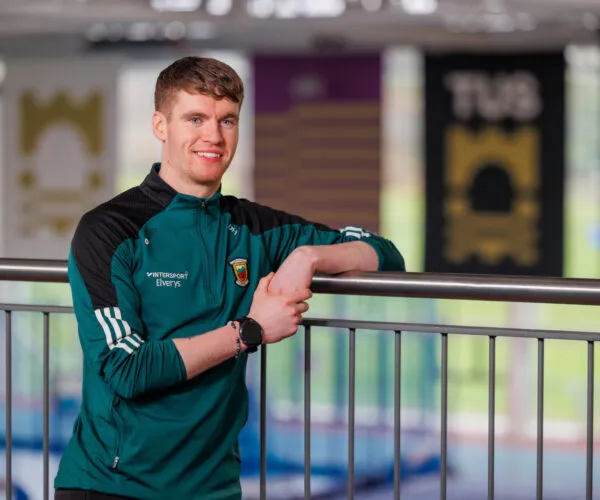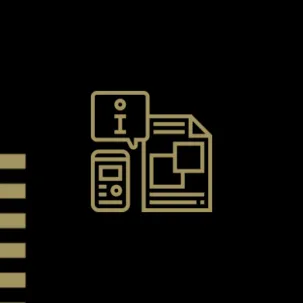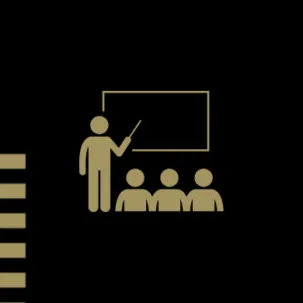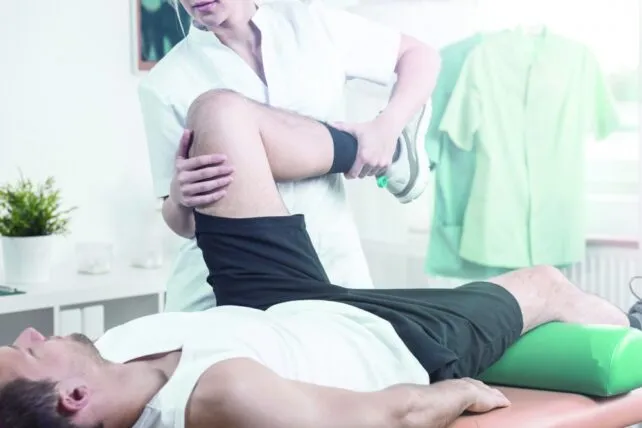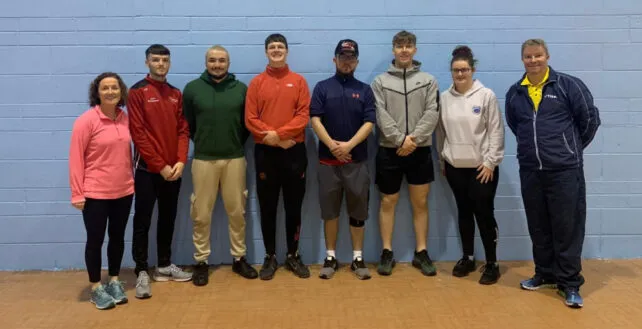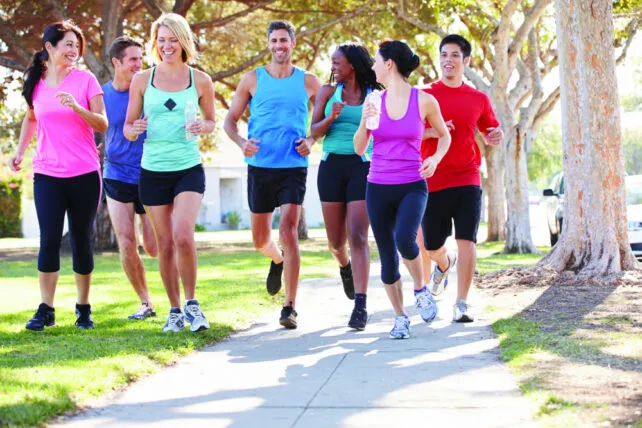What are the entry requirements?
Leaving Certificate
Minimum of Grade H5 at higher level in two subjects plus a minimum of grade O6/H7 at ordinary level in four other subjects in the Leaving Certificate examination. Two of these six subjects must be Mathematics and a language (English or Irish).
Elite Sportsperson Entry Scheme:
Up to five places will be reserved each year for outstanding candidates who have reached a very high standard of sporting achievement, through performance or coaching and who are committed to further developing their sporting and academic careers. Applicants must satisfy the minimum entry requirements for Level 8 degrees. In addition, applicants must have reached a specified sports standard to be eligible for this very competitive scheme and selection of successful candidates will be based on a range of criteria, including sporting achievements and evidence of a commitment to a career in sports science.
Mature Applicants
The Department welcomes application from mature students. Such applicants may not be required to have the minimum entry requirements. However, the Institute will look for satisfactory evidence of the applicant’s ability to pursue and benefit from the course. Knowledge and skills gained through experiential learning will be taken into account. Mature applicants may be required to attend for interview at TUS as part of the selection process.
QQI
Places will be reserved for QQI applicants. Any major QQI award with three distinctions and a pass in 5N1833 or 5N0556 or Leaving Certificate Maths at O6/H7.
International Applicants
International applicants should apply directly to the International Office at TUS, allowing plenty of time for completing the visa process. Applications for September start should be made by 1st June at the latest to ensure visas are processed in time. You should familiarise yourself with visa processing times for your country of origin to ensure you make a timely application. Find out more here.
All students on the BSc (Hons) in Sports Science with Exercise Physiology programme are required to obtain Garda clearance through the Garda Central Vetting Unit (TGVCU).


